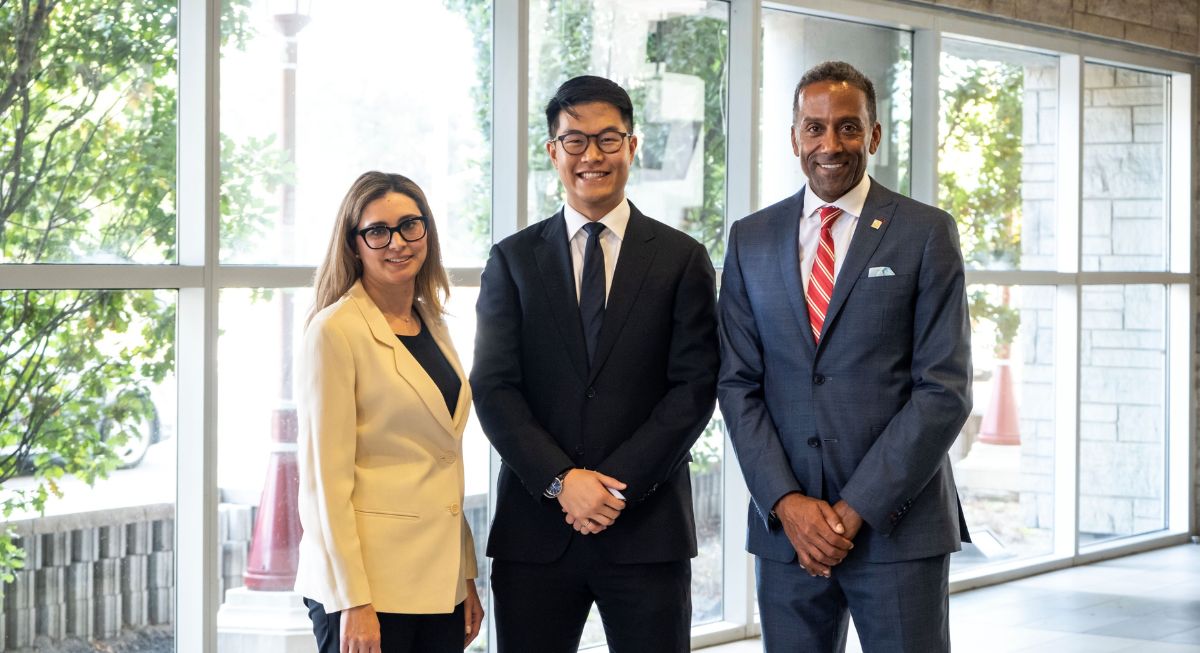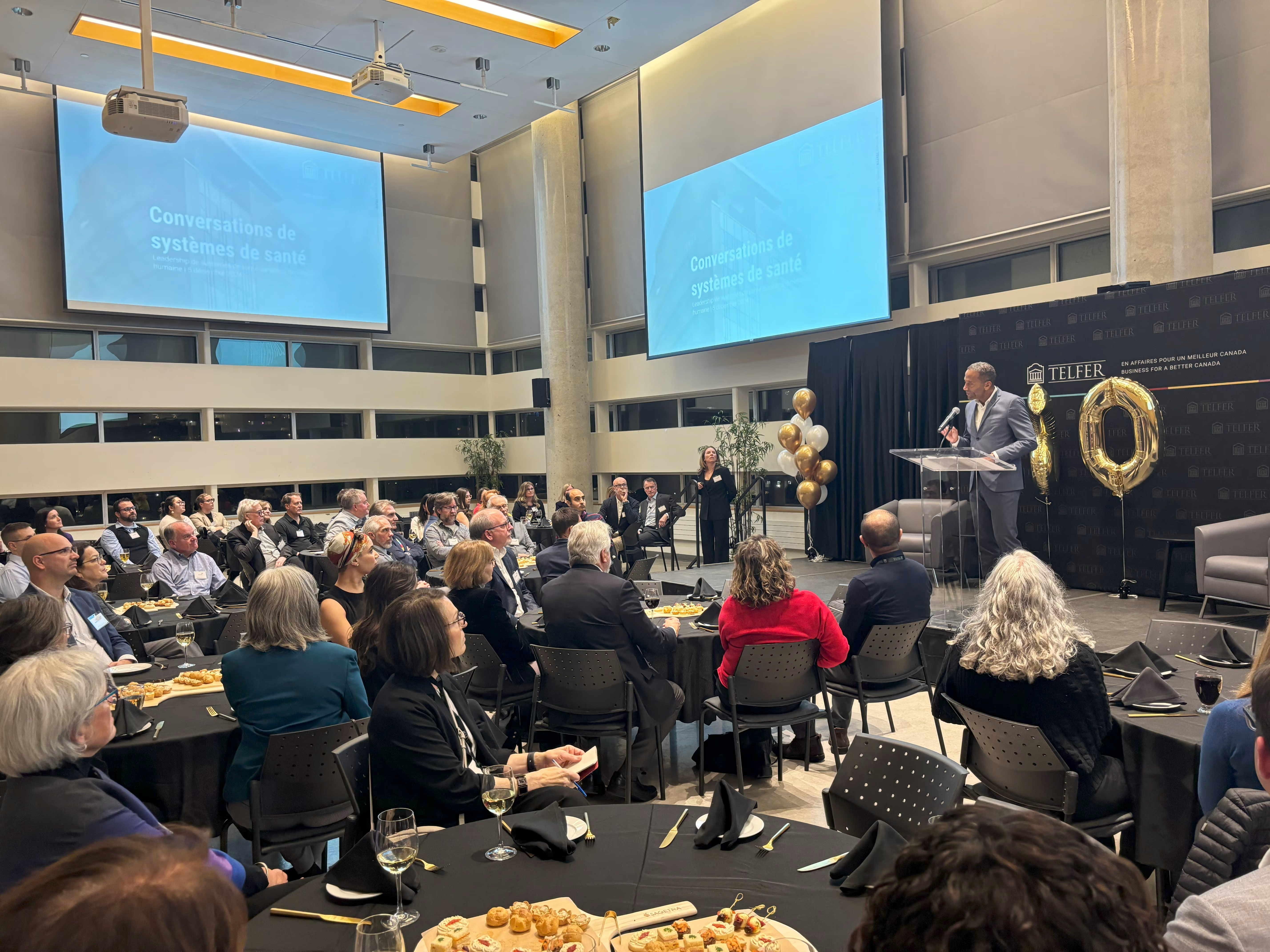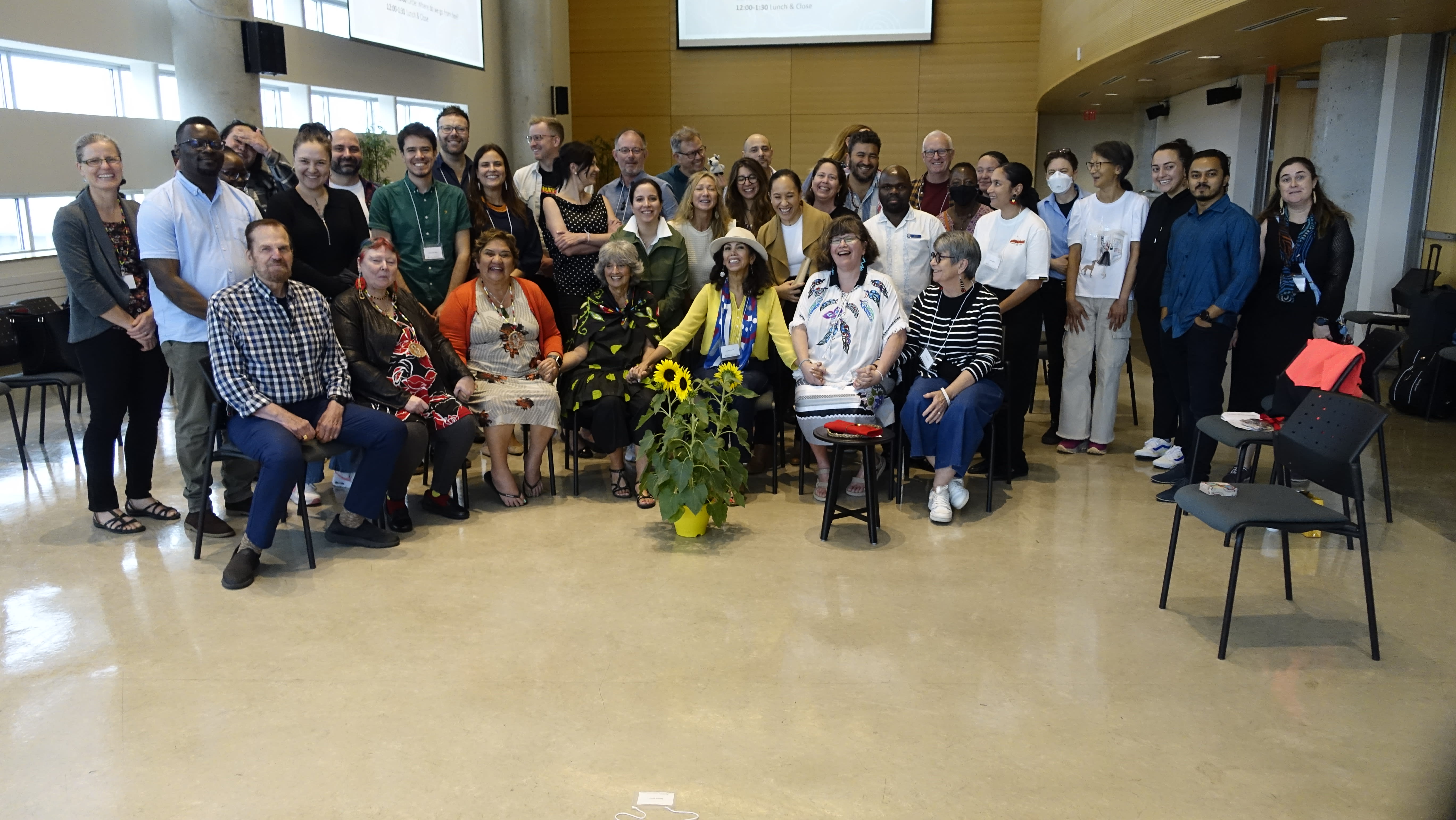Health-care institutions play an essential role in society, and unexpected world events, like the COVID-19 pandemic, can dramatically impact their operations. Although some institutions may be able to recover quickly, others struggle and are less resilient: they are less able to bounce back from crisis and return to a normal state, function as usual, or leverage the crisis to change and improve. Long-term care (LTC) facilities in particular were the hardest hit by the pandemic, which had a devastating impact on older adults.
To investigate how LTC organizations may react in times of crisis and the role of technological innovations in the process, Professor Mirou Jaana has been awarded a Social Sciences and Humanities Research Council Insight Development Grant for her project titled “The paradox of resilience in long-term care: Can technology enable a paradigm shift?”.
We asked Professor Jaana about her personal interest in the subject, and this is what she had to say:
“The latest COVID-19 pandemic impacts on LTC homes were devastating and the crisis unveiled many long-standing pain points and weaknesses in these organizations. The concept of resilience and how it is perceived in LTC is under-researched, and we don’t really know how LTC organizations respond to crises.

Resilience implies the ability to react and respond successfully to adversity, but it can be a double-edged sword: adjusting to sub-optimal conditions or states and not challenging the status quo means acquiescence and potentially missing the opportunity to unravel and address existing threats and challenges. So it is important to understand how the concept of resilience is perceived in LTC and whether and how technological innovations can contribute to transformative resiliency, i.e. thinking outside the box and leaping forward and improving.”
Leveraging IT and best practices
A recent public inquiry report called for diffusing best practices across LTC organizations and encouraging technology use and innovations to address their vulnerabilities. This project examines the evidence on resilience and related practices in LTC organizations, identifies technological innovations that can affect resilience, and provides a better understanding of how such innovations can contribute to transformation and change.
Given how the COVID-19 pandemic exposed the many challenges that older adults face in LTC settings, this research project could have significant implications. It will provide insight into how to incorporate technological innovations and best practices within LTC organizations to increase resilience (beyond just adapting and maintaining a status quo) and better meet the needs of patients. This research could also improve LTC facility preparedness in dealing with pandemics and other emergencies, address chronic stressors present in these settings, and mitigate the effects of future outbreaks and other unexpected events.










